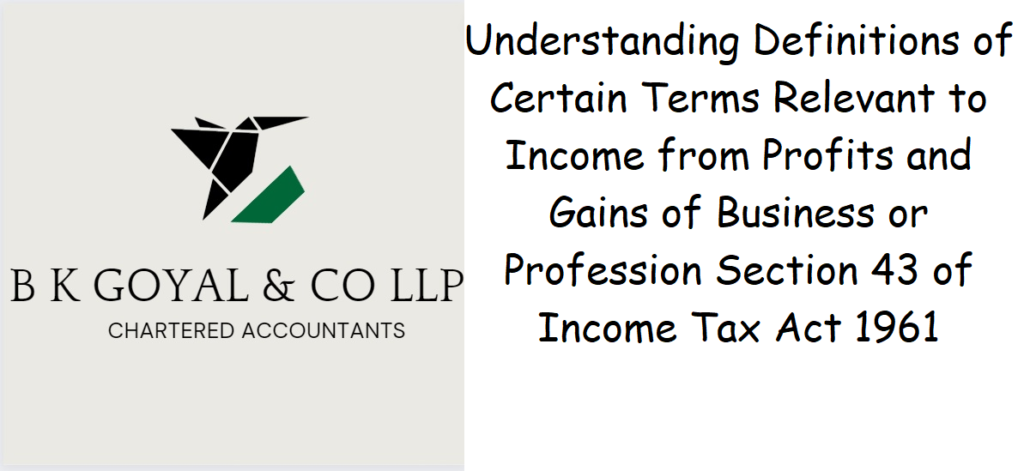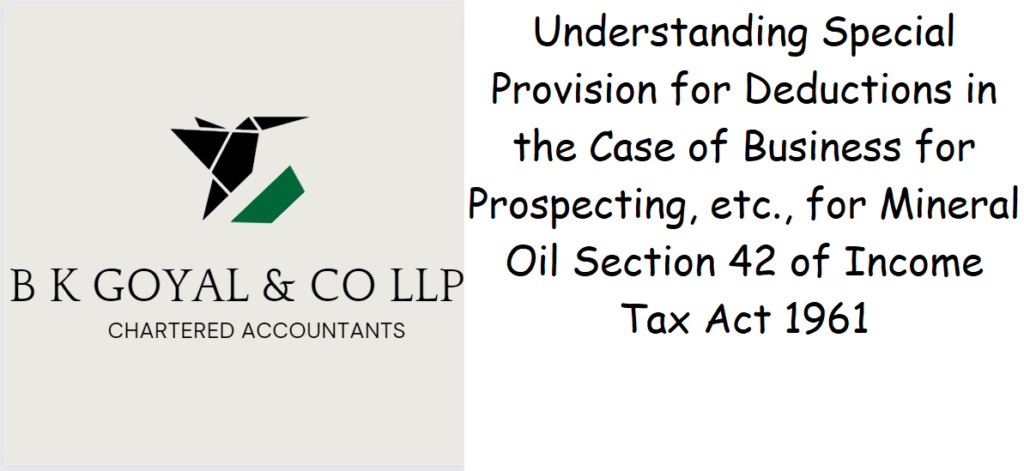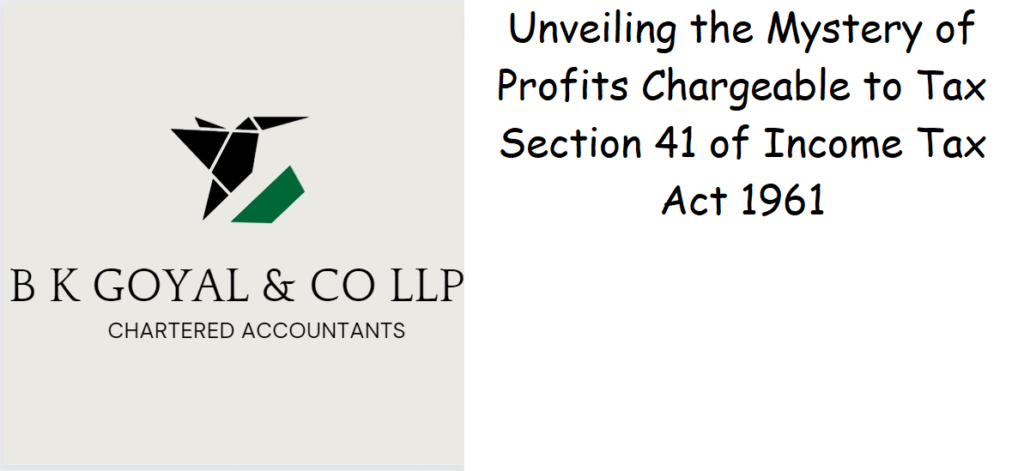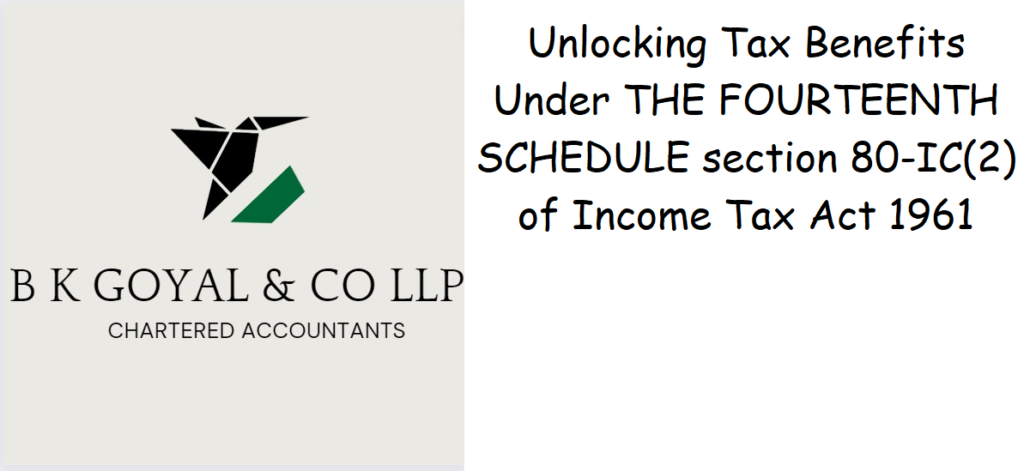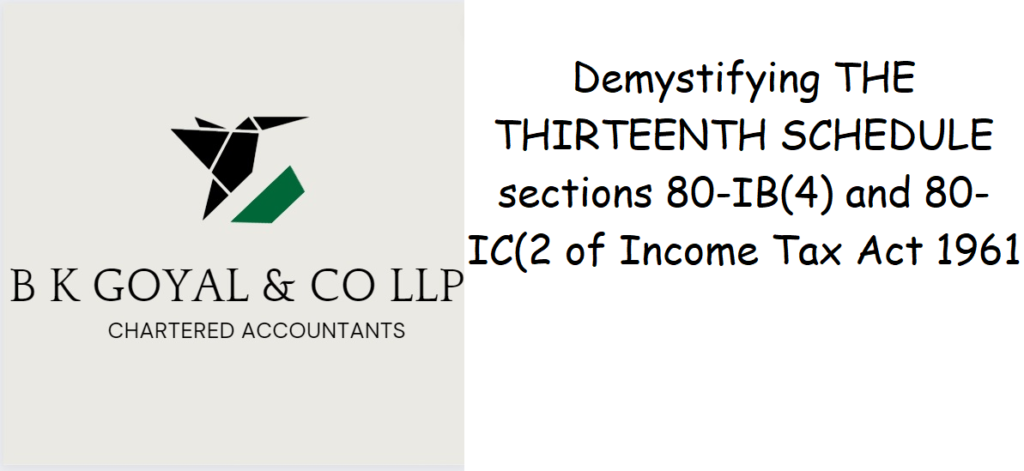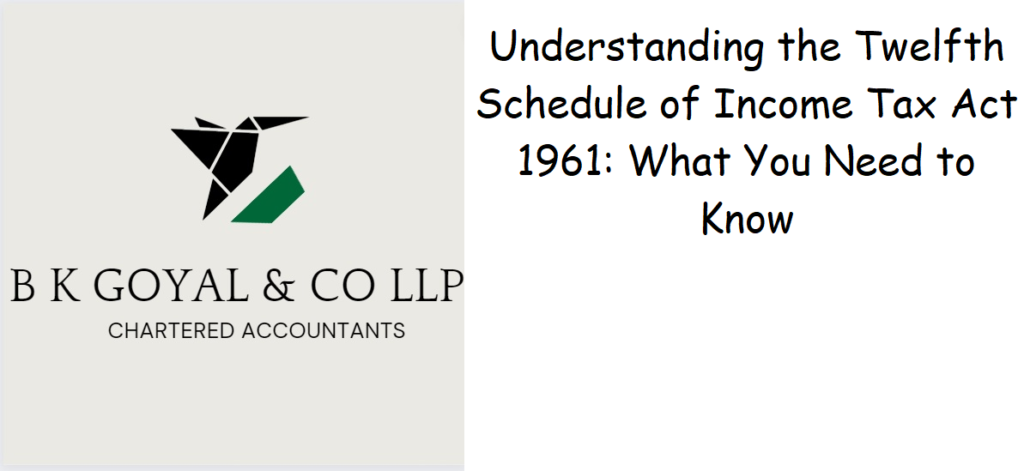Understanding the Special Provisions Consequential to Changes in Rate of Exchange of Currency Section 43A of Income Tax Act 1961
Introduction Are you looking to understand about Understanding the Special Provisions Consequential to Changes in Rate of Exchange of Currency Section 43A of Income Tax Act 1961 ? This detailed article will tell you all about Understanding the Special Provisions Consequential to Changes in Rate of Exchange of Currency Section 43A of Income Tax Act 1961. Hi, my name is Shruti Goyal, I have been working in the field of Income Tax since 2011. I have a vast experience of filing income tax returns, accounting, tax advisory, tax consultancy, income tax provisions and tax planning. The Income Tax Act 1961 is the primary legislation in India that governs the taxation of income. It lays down various provisions and rules that taxpayers must comply with to ensure that they pay the correct amount of tax. One such provision is the Special Provisions Consequential to Changes in Rate of Exchange of Currency Section 43A. This provision deals with the taxation of foreign currency transactions and has a significant impact on taxpayers who engage in such transactions. In this blog, we will delve deeper into the provisions of Section 43A and understand its implications for taxpayers. What is Section 43A? Section 43A of the Income Tax Act 1961 was introduced in 1987 as an amendment to the Act. The section deals with the taxation of foreign currency transactions and is applicable to all taxpayers who engage in such transactions. The section applies to both individuals and businesses and is designed to ensure that taxpayers pay the correct amount of tax on their foreign currency transactions. How Does Section 43A Work? Section 43A applies to taxpayers who engage in transactions that involve a change in the rate of exchange of currency. This means that if a taxpayer engages in a foreign currency transaction and the rate of exchange of currency changes, the taxpayer must comply with the provisions of Section 43A. The section requires taxpayers to account for the gain or loss arising from the transaction in their income tax return. What are the Provisions of Section 43A? Section 43A lays down the following provisions that taxpayers must comply with when they engage in foreign currency transactions: Taxation of Gain or Loss: Taxpayers must account for the gain or loss arising from the transaction in their income tax return. The gain or loss is calculated based on the difference between the rate of exchange of currency on the date of the transaction and the date of payment. Timing of Taxation: The gain or loss arising from the transaction is taxable in the year in which the payment is made or received, depending on the method of accounting followed by the taxpayer. Applicability of Section 43A: Section 43A applies to all foreign currency transactions, including those related to capital assets and revenue assets. Conversion of Foreign Currency: The gain or loss arising from the transaction must be calculated in Indian rupees using the conversion rate prevalent on the date of the transaction. Compliance with Section 43A Taxpayers must comply with the provisions of Section 43A to avoid penalties and interest. Non-compliance with the section can result in penalties of up to 300% of the tax payable, as well as interest at the rate of 1% per month. Taxpayers can comply with the section by following these steps: Maintain Proper Records: Taxpayers must maintain proper records of all foreign currency transactions, including the date of the transaction, the rate of exchange of currency, and the date of payment. Calculate Gain or Loss: Taxpayers must calculate the gain or loss arising from the transaction based on the difference between the rate of exchange of currency on the date of the transaction and the date of payment. Convert to Indian Rupees: Taxpayers must convert the gain or loss arising from the transaction to Indian rupees using the conversion rate prevalent on the date of the transaction. Account for Gain or Loss: Taxpayers must account for the gain or loss arising from the transaction in their income tax return for the year in which the payment is made or received, depending on the method of accounting followed by the taxpayer. Consult a Tax Professional: Taxpayers who are unsure about the provisions of Section 43A or how to comply with them should consult a tax professional. A tax professional can provide guidance on how to comply with the section and ensure that the taxpayer pays the correct amount of tax. FAQs Is Section 43A applicable to all taxpayers who engage in foreign currency transactions? Yes, Section 43A is applicable to all taxpayers who engage in foreign currency transactions, including individuals and businesses. What is the penalty for non-compliance with Section 43A? Non-compliance with Section 43A can result in penalties of up to 300% of the tax payable, as well as interest at the rate of 1% per month. How can taxpayers comply with Section 43A? Taxpayers can comply with Section 43A by maintaining proper records, calculating the gain or loss arising from the transaction, converting it to Indian rupees, and accounting for it in their income tax return. They can also consult a tax professional for guidance. Conclusion Section 43A of the Income Tax Act 1961 is an important provision that taxpayers who engage in foreign currency transactions must comply with. It requires taxpayers to account for the gain or loss arising from the transaction in their income tax return and can result in penalties for non-compliance. Taxpayers can comply with the provisions of Section 43A by maintaining proper records, calculating the gain or loss, converting it to Indian rupees, and accounting for it in their income tax return. Consultation with a tax professional can also be helpful to ensure compliance with the section. By complying with Section 43A, taxpayers can avoid penalties and ensure that they pay the correct amount of tax. Section 43A, of Income Tax Act, 1961 Section 43A, of Income Tax Act, 1961 states that Notwithstanding anything contained in any other provision of this Act,

